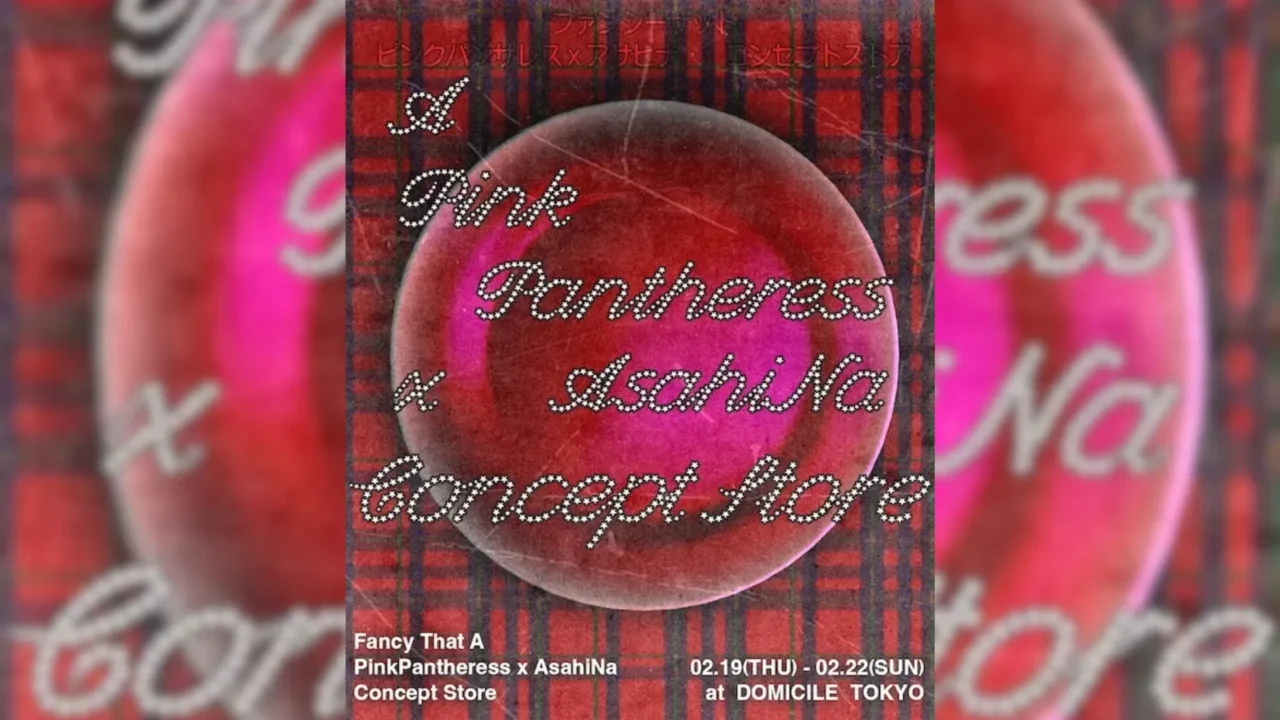INDEX
I followed Shirahama for a whole year. A high school student chasing after a high school punk band by himself” (Kato)
I know we’ve talked about this in various places, but can you tell us how you got started in the band?
Kato: I have always played baseball. My older brother, who is two years older than me, was a special baseball player, and I was just like, “My brother is awesome. So no matter where I went, I was treated like a younger brother, and I was fed up with it. There was a time when I was so fed up with baseball that I used to poke myself in the knee with a baseball bat [laughs]. I thought if I got hurt, I wouldn’t have to go to practice. But I couldn’t hit it that hard because it hurt so much, so I just kept on going and going and going [laughs].
Kuwajima: That part is very junior high school-like [laughs].
Kato: I retired in August of my junior year, but I had no special talents or hobbies, so I decided to just study for the time being and set my sights on Tomakomai Preparatory School. I told my parents I was going to play baseball there! I told my parents I was going to play baseball there. It was like karma to play baseball.

Kato: I had a bass guitar that my brother, who was five years older than me, had left behind, so I used it to play Kuroyume and practice Monpachi songs at home with my classmates. Then, when I was invited by a friend to learn at the home of a senior who was good at bass guitar, a senior from a different high school told me to come to his next concert, and I went to the ELCUBE for the first time right after my junior high school graduation. I went to my first ELLCUBE concert right after my junior high school graduation, and the band of Shirahama, the man who taught me all about music, was also there. As I was watching the show, Shirahama-kun came down to the floor and hugged me through the crowd. And he said, “I’m going to be in a band! I was like, “I’m going to be in a band!
That’s how you got into rock ‘n’ roll.
Kato: I followed Shirahama-kun for a whole year. I was a high school student chasing after a high school punk band by myself. At the time, I was so Shirahama-ism-like that I was embarrassed to be seen by him talking with girls [laughs]. I talked normally at school, but when I was with Shirahama-kun, I maintained a mysterious hard-core attitude. I followed him for a long time, and in November of my first year of high school, there was an event with all the bands from Tomakomai. When I went to see the event, I decided I really had to be in a band, and that’s how I started NOT WONK.

Kuwajima: Where did you come up with the band name?
Kato: We kept talking about how it would be nice to have “NOT” at the beginning. Then I opened a dictionary and found “WONK” in the “W” column. WONK” means “hardworking,” and I thought, “This is good. I didn’t want to be like a diligent student who studies all the time. I thought, “NOT WONK, this is it. That was my first year of high school, in December 2010.
When did you start using a camera?
Kuwajima:The camera itself started in high school, but the reason why I came to Tokyo in the first place was because I wanted to become Naoto Takenaka. Takenaka-san was an actor and stage actor, did comedy in the late-night slot, and also made movies. When I was in high school, I went to see “Tokyo Biyori” and cried so hard I thought I had no choice but to become Naoto Takenaka.
I wanted to go to Tama Art University, where Takenaka went to school, but I thought Tama Art would be difficult because of the drawing requirement. But when I looked into it, I found that there was a place at Musashi Art University where you could enter even if you couldn’t draw, so I took a year off and enrolled. At first, I wanted to be an actor. But I’m a shy person who likes to show off, so I’m not very good on stage [laughs].
An innate shyness.
Kuwajima: In the end, I kept trying, but it didn’t work out, and in the meantime, I had to graduate. In the 1990s, magazines were very active. I was looking at all the cool photos in culture magazines like “H,” “SWITCH,” and “STUDIO VOICE,” so I started taking photos because I admired those magazines, and when I was trying to find a job, I thought that being a photographer might be a good idea. And then I found myself here [laughs].



























